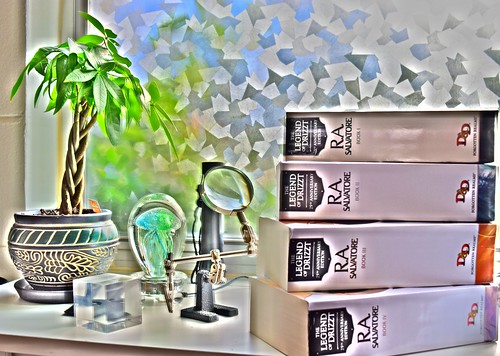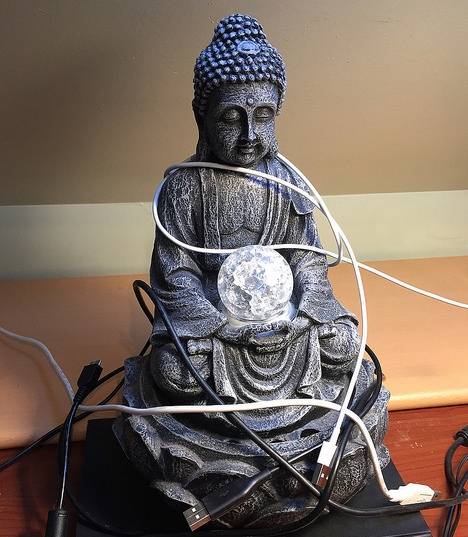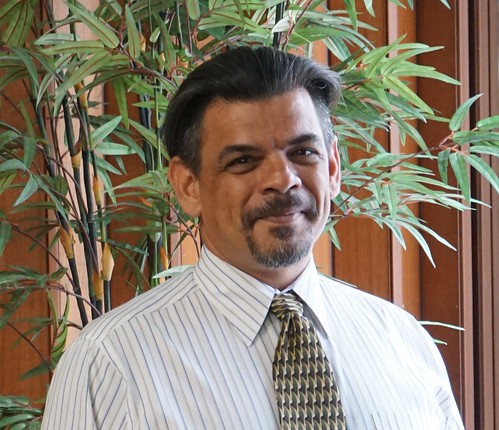 I came across Max Roser’s (Programme Director, Oxford Martin School, University of Oxford) post on the World Economic Forum through social media, and I didn’t have the time to address some of the issues I saw when I posted it. There is something that had struck me as viscerally wrong about it.
I came across Max Roser’s (Programme Director, Oxford Martin School, University of Oxford) post on the World Economic Forum through social media, and I didn’t have the time to address some of the issues I saw when I posted it. There is something that had struck me as viscerally wrong about it.
Now I know. In the broad strokes, the data points are cherry picked. When we look at how the world has improved based on static measures, we all should know that yes, the world has gotten better. That’s not why we don’t think it is. It’s because the measures themselves haven’t improved. I’ll make my points quickly as related to his points.
Poverty
Globally, we have less people starving per capita. There’s no debate there. Where the debate should be is whether this should be a part of the debate. Population growth around the world varies; a nation with lower standards of living tends to have higher population growth while a nation with higher standards of living tends to have lower population growth.
So, if we look at the shell game of poverty, overall the number is decreasing. But is the standard of living? Are people moving forward without people being left behind? Is the number of people we’re leaving behind increasing or decreasing?
We hear more often than not about the ‘erosion of the middle class’. Where did they all go?
These are questions that we want to know the answers to; we know poverty is decreasing, but if our goal is constant improvement, shouldn’t our measure of how we’re doing improve as well? Or are we comparing poverty now with the cave people of a few thousand years ago? No, but metaphorically, the idea of comparing poverty across a few hundred years is a frequent optimistic perspective presented when the masses get a bit disturbed.
Literacy
Just by social media we know more people are attempting to communicate – some literacy is involved, but I daresay that there is some functional illiteracy out there that has snuck past testing that is supposed to demonstrate literacy.
I had a real world example today. A friend of mine’s granddaughter needed a reference on a form since the form she had filled out was outdated. He told me he needed me to sign it. I looked the old form over and told him I didn’t need to sign it, that she already had references on the old form, and all she needed to do was transfer them to the new form. No signatures required.
An hour later, while I was writing this, he stopped by and told me the new form needed my signature. It did not need my signature. I didn’t need to sign anything. Functionally, that’s a form of illiteracy. Functional literacy was defined by UNESCO in 1960 – 58 years ago – as:
“using these skills in ways that contribute to socio-economic development, to developing the capacity for social awareness and critical reflection as a basis for personal and social change”
Not knowing the difference between putting your contact information on a form or signing a form is one example. So how are we measuring literacy?
By the numbers reported of those that can read by passing certain tests that, if you ever spend time on social networks, you need to question. Nevermind reading comprehension.
So, while the numbers of those that are reported as literate can be shown to have gone up – from students to teachers to administrators to nations, who wants to give worse reports? The incentive for true reporting is simply not there. How many college professors lose their hair dealing with freshmen?
Has functional literacy gone up? With increased bureaucracy over the decades, as well as technology, what is the new literacy? No one really knows. It’s sort of like the difference between pornography and art; we know it when we see it.
Health
Germ theory is the basis of the postulation here – something come up with in the latter half of the 19th century. We’re in the 21st century; we’ve made leaps and bounds since germ theory that have been put into practice – open heart surgery, as an example, has come a long way in the last few decades. Granted, it could not have happened without germ theory, but if we’re comparing how well we’ve done since germ theory a lot of other things should be spoken of.
Yet there is at least the allegation that big pharmaceutical companies overcharge – Brazil even went rogue with HIV medications because of it. Borders between nations become more permeable when there is a noticeable price difference in medications, where the medications flow to places of higher costs. The United States is no different here; people get medications from Mexico and Canada as examples. How much? I’m pretty sure we don’t have the data for it; black markets don’t publish their data.
Access to healthcare? In the U.S. alone, this has been one of the most sharply debated topics in the last decade.
So yes, gene theory has brought us a lot of good, but what have we done since? With an increased population – remember population growth? – partly because of our advances in medicine, I’d think we’d get some better points than just gene theory.
Yet I can see why no one wants to talk about how health insurance has helped people. After all, it was only about a century ago that doctors were paid in livestock. Gene theory, apparently, gave doctors much more.
Freedom
Oh, freedom. How do we define it? Is the person who works three jobs to pay the bills, ‘free’? Fortunately, no solid points were made in this section because it’s all pretty ambiguous. One has to wonder why it’s even in there.
Population
Our population is increasing! Yes, we know that. We’re painfully aware of it, and I am not certain that it’s an indicator of things being better. It could mean that a lot of people in nations with lower standards of living might simply be unable to watch the television that they want because of content distribution rights or lack of internet access.
As I pointed out in the section related to poverty – population growth is a factor that is not spoken of enough. You can check out all manner of statistics in the United Nations World Population Prospects 2017.
Education
We live in an era where there is cultural value placed on academic degrees; they were incentivized by salaries – at least at some point – and now the value of them is publicly questioned. Getting in debt for a college education and then being unable to get a job to repay that debt is a reality in the world. Yet we say that education is increased.
Formal education. But how has formal education changed? Aside from changing and adding some subjects, adding a lot of administration, education itself has not changed – and more than once we’ve seen education standards dropped so that more people pass. We don’t talk about that.
So while more people may suffer a formal education by 2100, can we honestly say that they have been educated better than now? Than 10 years ago? We’re talking about quantities when we should also be dealing in quality.
Why Do We Not Know That The World Is Changed?
We know that the world has changed – in our little pockets of what we read and see in the media, social or otherwise, and the reinforced perspectives we get from them. People share things without reading them, without rigorous thought (education? literacy?).
The world has gotten much better since we were cave dwelling mammals, though there is at least a sense of wonder when I consider that: Did we leave the caves because of the population boom caused by fire? Cave real estate maybe got so expensive that finally – probably a guy named Bill or Steve – said, “screw this, I’ll make my own cave!”. And so to this day, we live in variations of the cave, usually made by someone else. With fire. And cooling.
And yet, how have we really improved? The same country that has children eating tide pods also had an immigrant send an electric car to Mars while at least one person on the Tesla waiting list got upset (if they didn’t, I wonder if they should own one?). We have advances in medicine that should have us discussing contraception, even of the immaculate variety, and technology is giving us sex robots that – fortunately, so far – don’t distribute little humans like sexually transmitted diseases, or like Oprah. Look under your seat! There’s one for you!
We have advanced so far in technology that our education, our literacy and lack of it, has become more pronounced as we reinvent Babel despite people speaking the same language. We have people who are so angry that they’re either a mass shooter or a terrorist (but never both). We have archaic systems of governance that cannot shift as fast as the public can become less accurately informed.
The world has gotten better in some ways, yes, but it has become worse because people who never would have known each other 100 years ago now see each other’s posts quickly, algorithmically, based on what someone in a code cave thought was the best solution… so far.
We really don’t know whether things are getting better or worse. We only know within our own contexts and what we are told, and what we are told we too rarely question because our education systems teach us to accept what we are told rather than challenge it.
Challenge it. Challenge everything. Things will not get better otherwise, and if people actually challenge things more, people won’t feel the need to write posts about ‘how much better things are’, a Hallmark card from the World Economic Forum to the ailing masses who aren’t seeing the improvements promised, with the dreams of yesteryear either dashed or worse, undreamed.
I, for one, do not wish any carcinogens blown up my posterior, no matter how fancy the pipe.
 Someone asked about whether people preferred reading paper books or digital on Twitter, and I responded ‘paper’ with a brief and slightly inaccurate explanation.
Someone asked about whether people preferred reading paper books or digital on Twitter, and I responded ‘paper’ with a brief and slightly inaccurate explanation.



